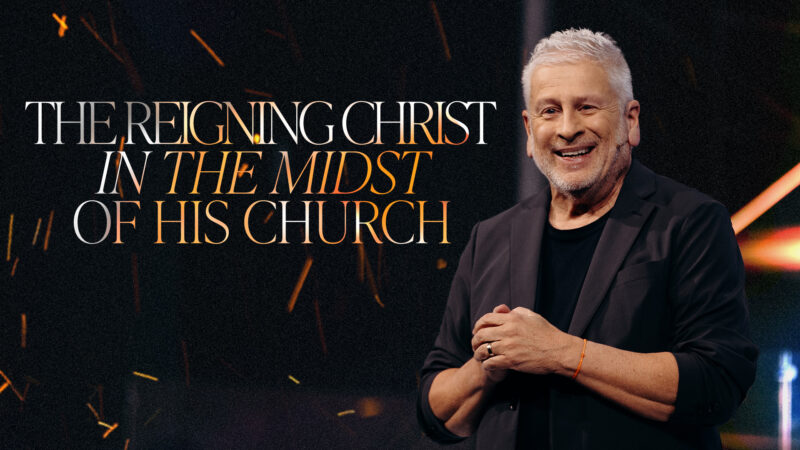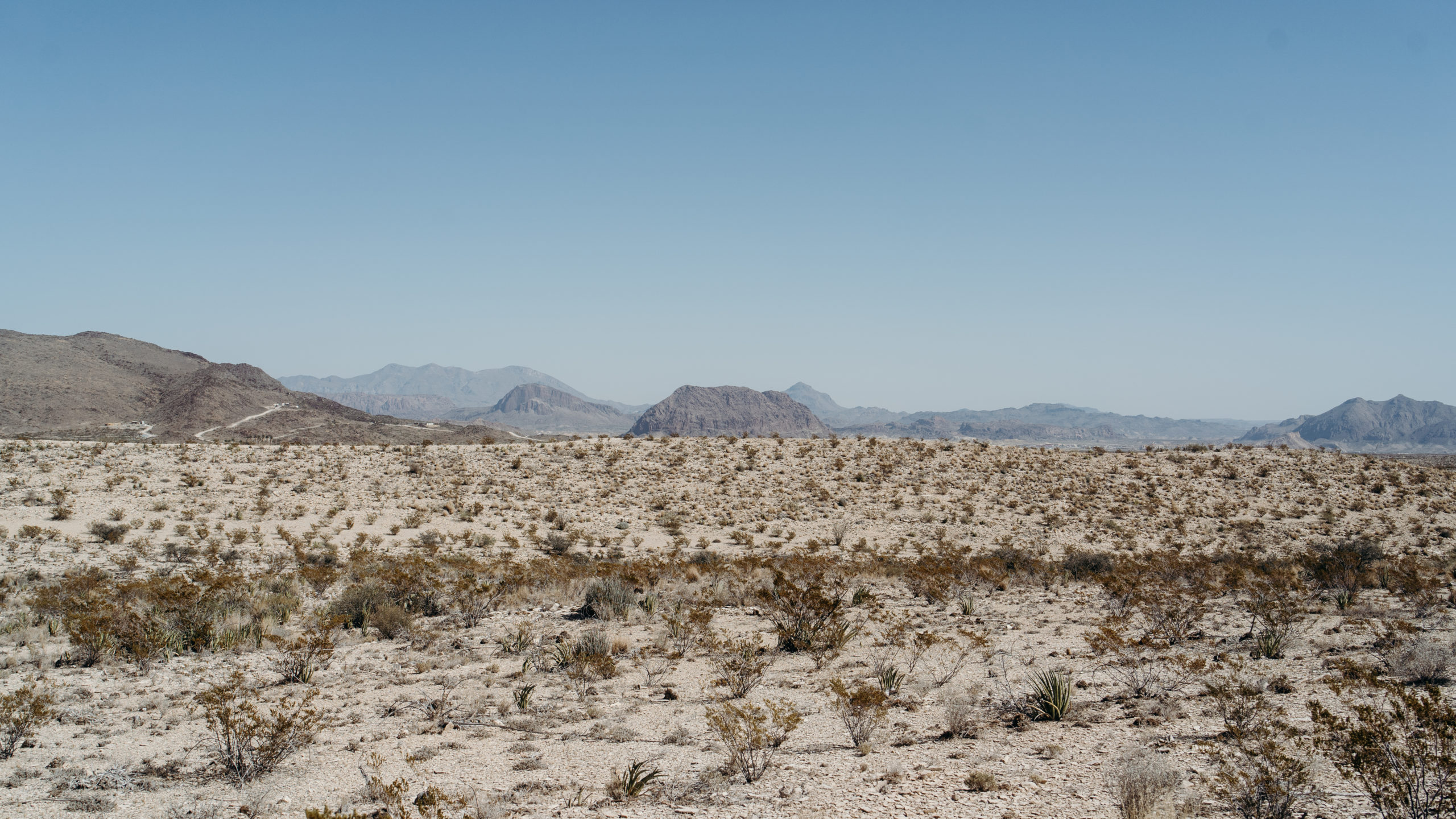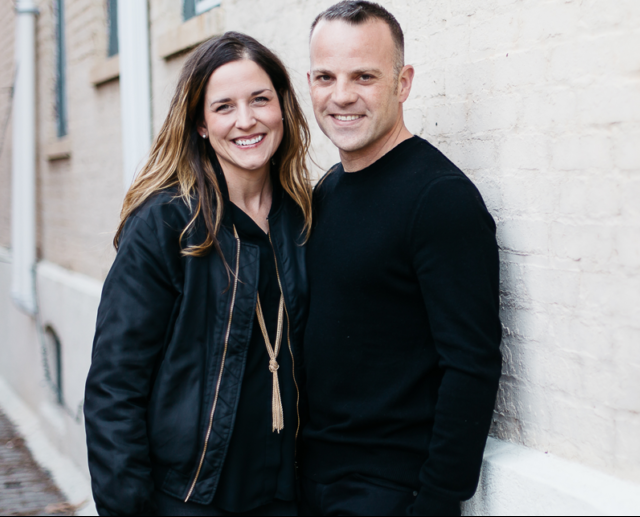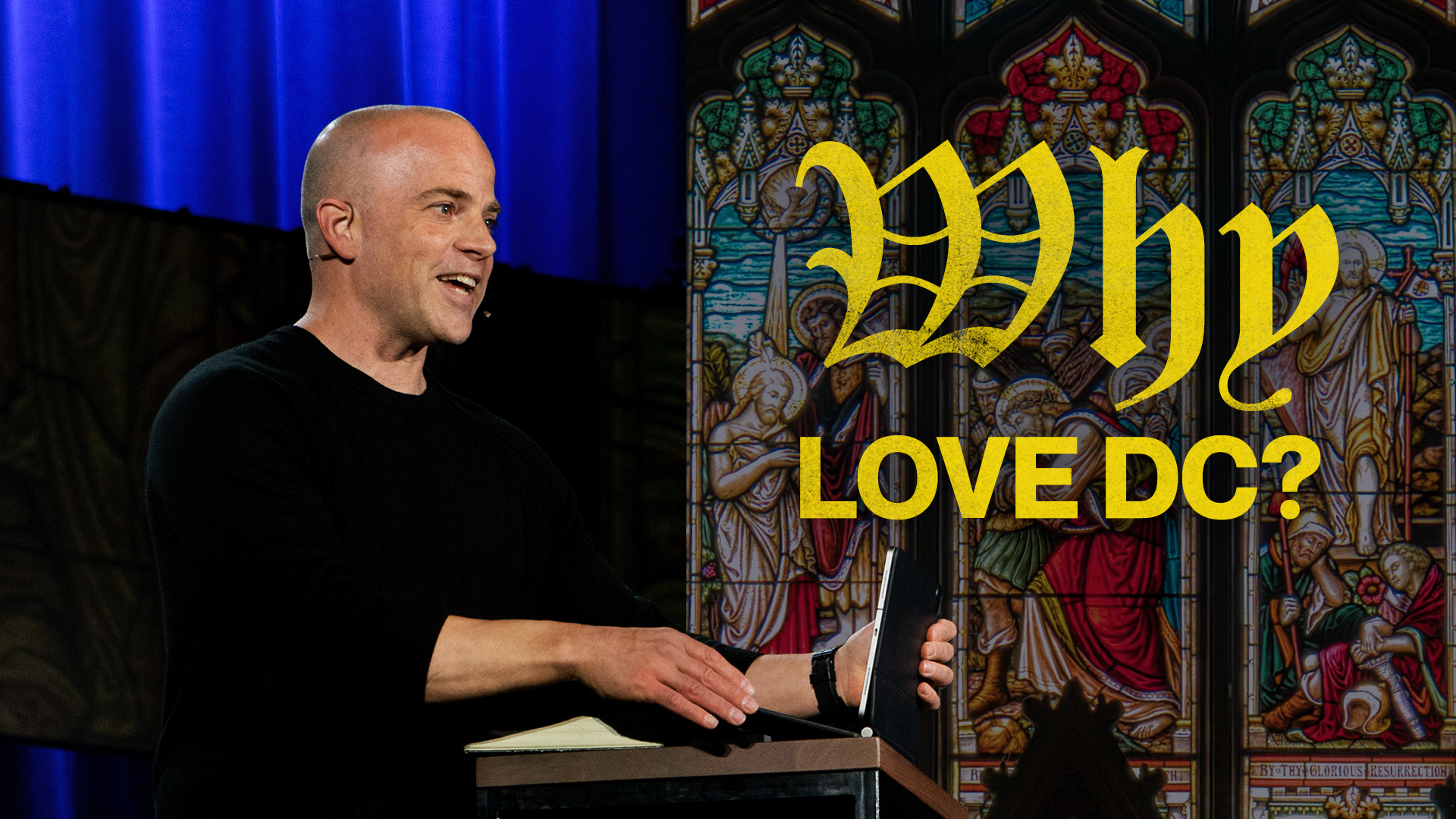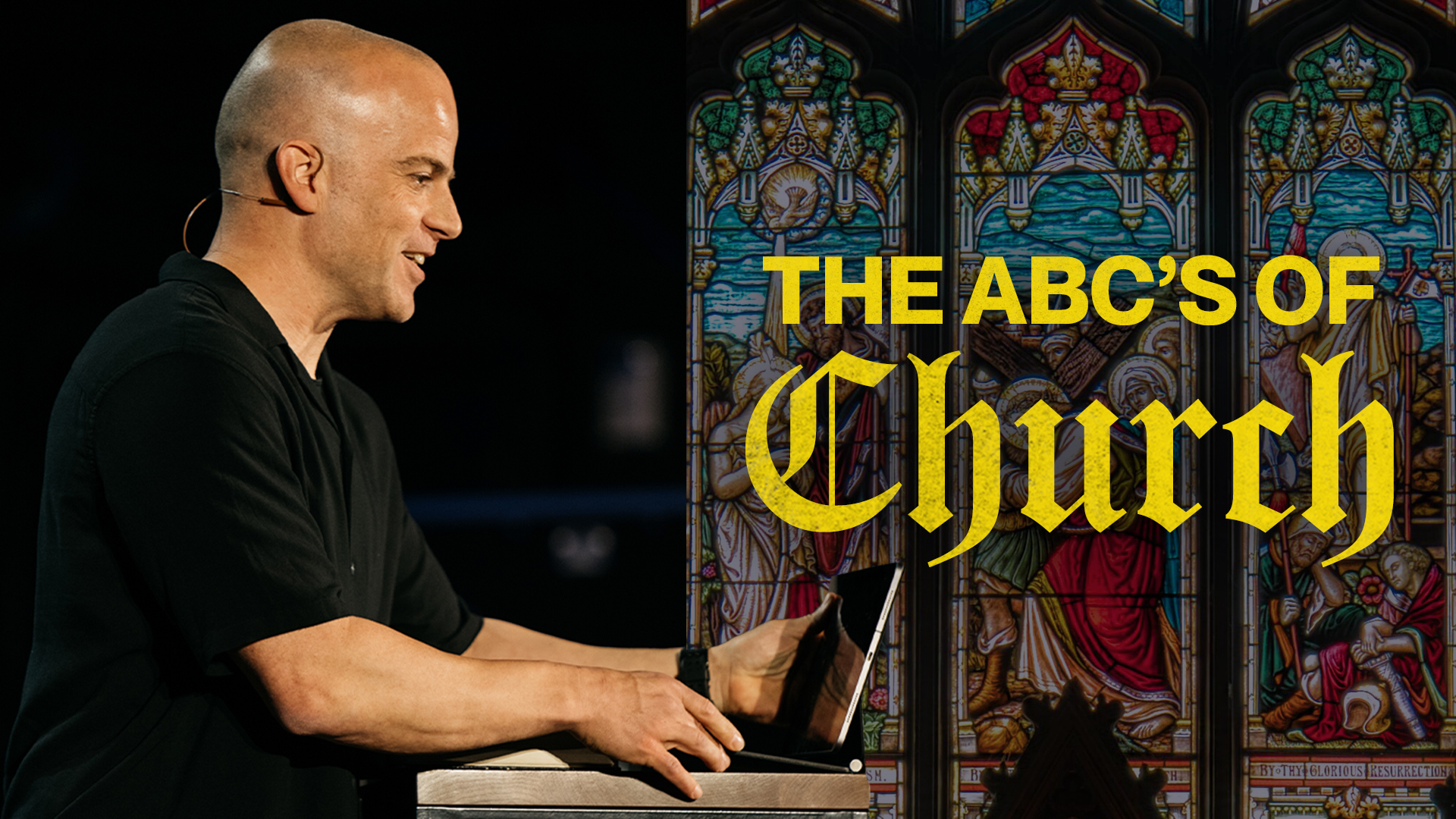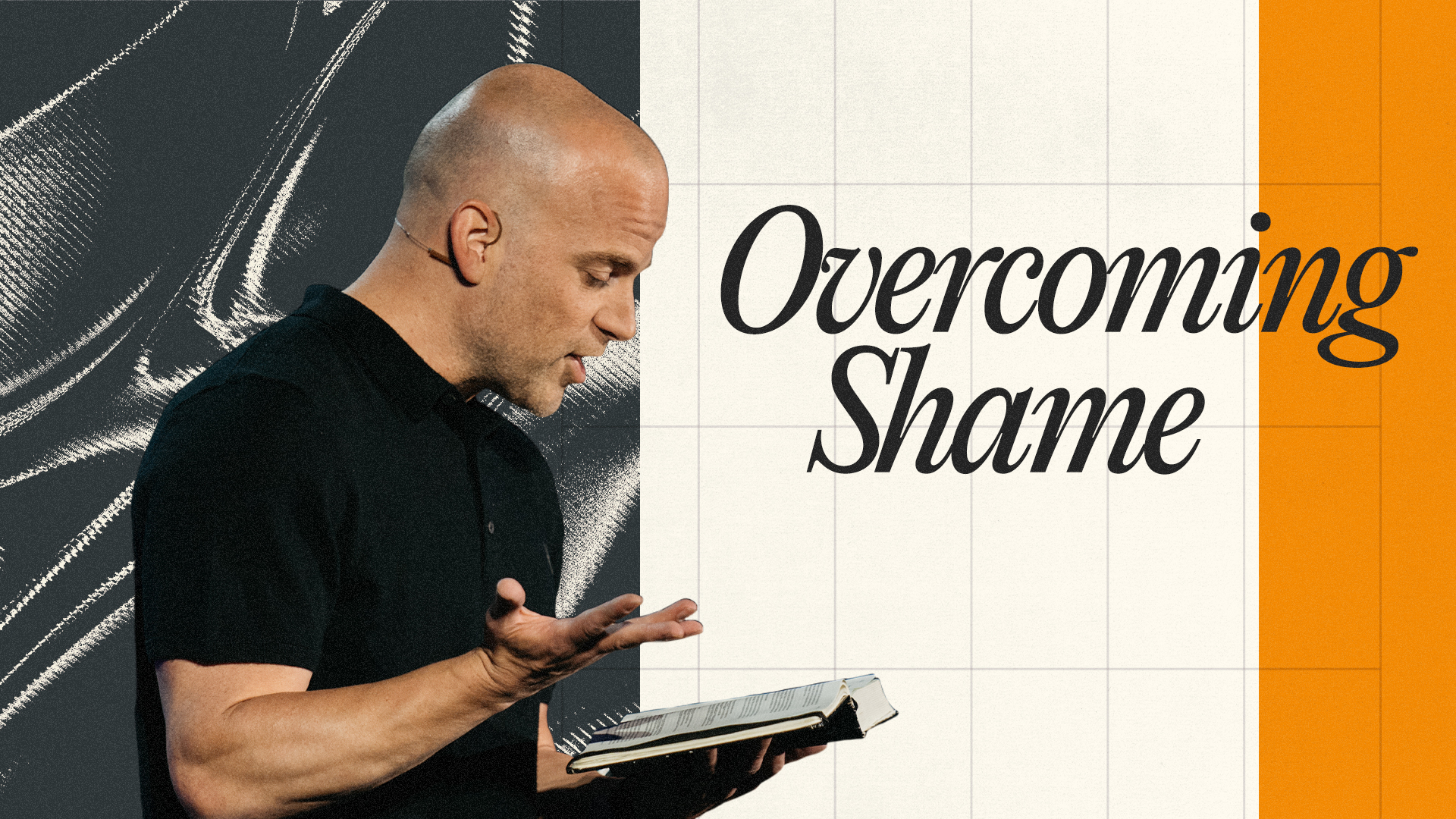Ben Stuart, pastor of Passion City Church D.C., shares an excerpt of his latest book, “Rest & War”. Rest & War is a field guide for the spiritual life; a book of ancient methods of transformation transposed into a modern key. Borne out of pastor Ben Stuart’s personal life-experiences and decades in ministry, Rest & War offers biblical and practical guidance. Find out more here.
__________
Oh God, we are so stupid. These were the first words of my friend Ben’s prayer. I don’t remember his next few lines. I wasn’t really paying attention. My eyes kept scanning the snow-covered mountains under our perch high atop Longs Peak. As we sat there near the highest point in Rocky Mountain National Park, entirely depleted physically, I wondered, How long until our friends down below file a missing person’s report? Can a rescue helicopter reach this altitude? The only thing I knew for certain was that I could not conceive of a way to get down that mountain using only my internal resources. How did I let myself end up here?
It had started out so well. I had joined a team of college students from around the country in a summer-long internship with a ministry in Denver, Colorado. Early in our trip my new friend, Ben, asked if I wanted to climb this massive fourteen-thousand-foot mountain with him. I said sure, and we immediately began to train. We resolved to summit Longs Peak one month later.
When the day arrived, our ascent began well. We bounded up the trail, passing lesser hikers, making great time. We leapt through the boulder field and arrived ahead of schedule at the critical transition point, known as the Keyhole. The name came from the rock formation’s shape—erosion had created a rock archway that, from a distance, resembled a keyhole. But this alone did not account for the title.
This waypoint on the trail also represented a critical juncture in the journey, when the path began winding around the back side of the mountain, a part previously not visible from the trail. The trail narrowed to a sliver of a path a few feet above a precipitous cliff. One false move there, and you’d disappear over a blind edge, careening into a distant valley below.
On the day Ben and I were hiking, the Keyhole marked another critical change in our journey: the presence of snow. Fortunately for us, a mountaineer had been there before us. We could see a set of footprints in the deep snow and singular holes in the snowbank on the high side of the mountain, where no doubt a hiking stick had been used. We carefully placed our feet in the footprints and our fingers in the holes as we picked our way across the ledge.
After a few perilous yards along the cliff’s edge, the path turned steeply upward, ascending up the snow-covered mountainside. The footprints continued, and we turned to climb them like a ladder, hugging the side of the mountain.
At this moment something suddenly began to shift for Ben and me. My internal energy gauge began to plummet. My lungs struggled for air, and my limbs, in addition to being wet and cold from the snow, began to feel heavy. Each heave of my body upward required an enormous expenditure of energy. At the midway point I glanced up at Ben and watched his head collapse with exhaustion into the snow. He was feeling it too. But this was not the moment to stop! We heaved ourselves up several feet, finally reaching the thin, rocky path above.
From there, we followed the marked route around a corner, only to find another corner ahead. And another. And another. After what felt like an eternity, we rounded yet another corner—and saw before us a steep incline through the snow. At the sight of it, Ben dropped down to the ground. I halfheartedly tried to spur him on but then crumpled down next to him on the trail. We were exhausted. Depleted. Nauseous. And stuck. After a few moments of listening to the wind whistle through the mountain range below, our prayer acknowledging our stupidity began.
Then it happened. For a split second, while Ben was praying and I was looking around in desperation, I saw a human head pop out from behind a boulder. It was so fast, I wondered if I’d imagined it. Am I hallucinating? Has it gotten that bad? Our prayer ended. We sat in silence and watched the world from above. And then, from behind another boulder, the head arrived! Attached to a person!
The mountain man made his way over to us and struck up a conversation. “Hey, guys!” he shouted, his high-volume positivity a stark contrast to our complete despair.
We grunted a response.
Undaunted by our lack of enthusiasm, he continued, “Great day to hike! You guys been to the top yet?” Then, without waiting for an answer, he surveyed us briefly and remarked, “Wait a second, you’re the college guys who came up here without equipment. We heard about you! We are in awe of you guys. You’re crazy!” He then returned to his original question: “You been to the top?”
I responded by telling him we had not and were not planning to. He found this to be unbelievable.
“You have to go. C’mon guys!” At this point I could tell that his relentlessly upbeat attitude was starting to grate on Ben, so I stood up on my wobbly legs and sidebarred our conversation. I whispered to him, “We are not doing well—we are totally exhausted. There is no way we can go any farther.”
My admission of our frailty changed his demeanor. I remember him staring down at my hands. I had them wrapped in my soaking wet sleeves, trying to get them warm.
“Wait a minute,” he replied, then set down his pack and produced two pairs of mittens—well, mittens is really not quite the right word. They were coverings for your hands, but they extended up to the elbow and had multiple straps that could bind them tightly to your forearm. “Put these on,” he said, handing them to us.
Ben and I eagerly put on the mittens and felt exquisite relief as warmth returned to our fingers.
The mountain man continued to parent us. “First things first, gentlemen. You are breathing wrong.”
This surprised us. Of all our problems on the mountain, knowing how to breathe did not seem to be one of them. I’d always considered breathing to be an involuntary action that did not require conscious management.
He noted our looks of skepticism that implied, I think we know how to breathe, man. I will never forget his next words. He told us, “You are in a new environment. The atmosphere has changed. You have to adapt if you want to survive.”
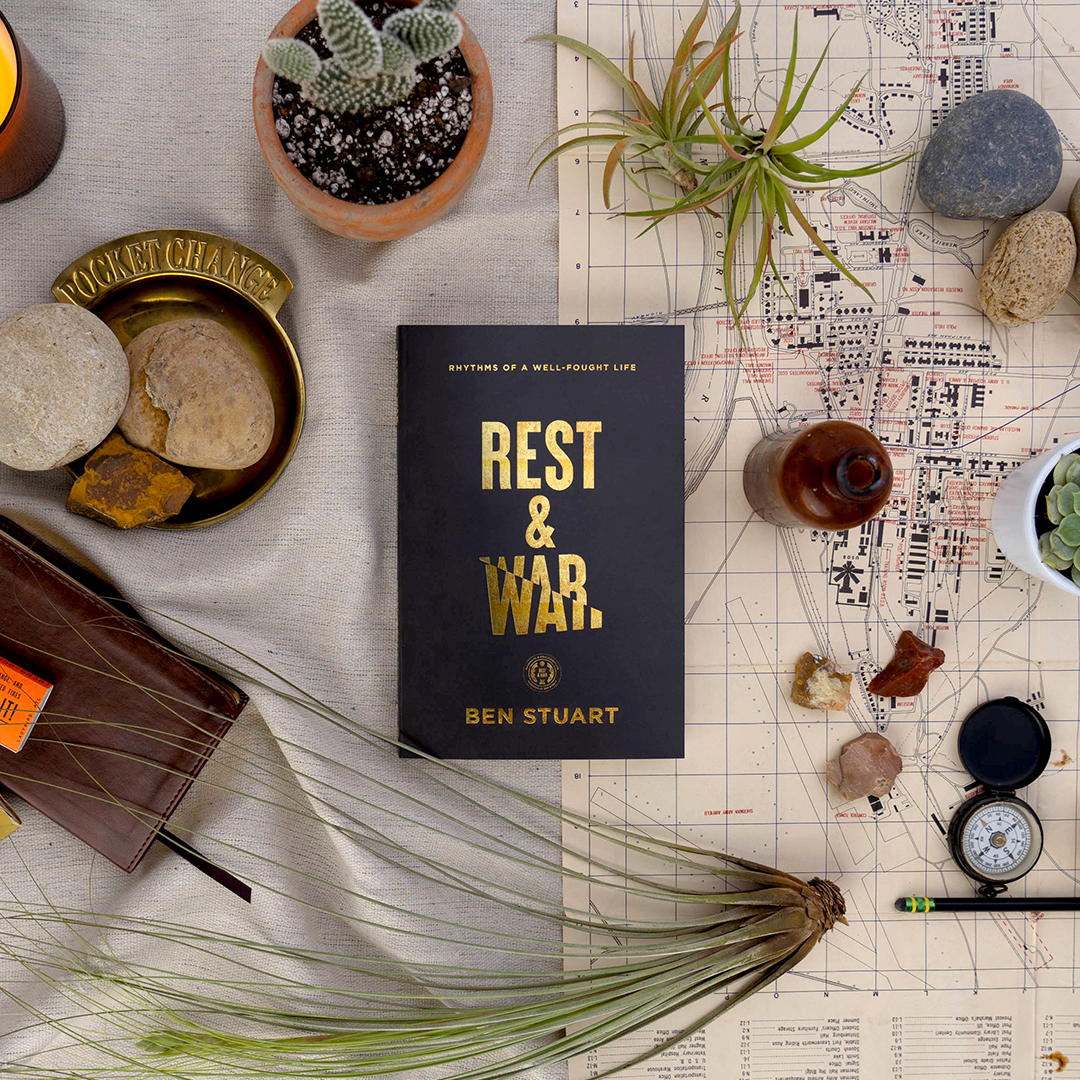
Rest & War
Available Now
Rest & War is a field guide for the spiritual life; a book of ancient methods of transformation transposed into a modern key. Borne out of pastor Ben Stuart’s personal life experiences and decades in ministry, Rest & War offers biblical and practical guidance.
Order Now